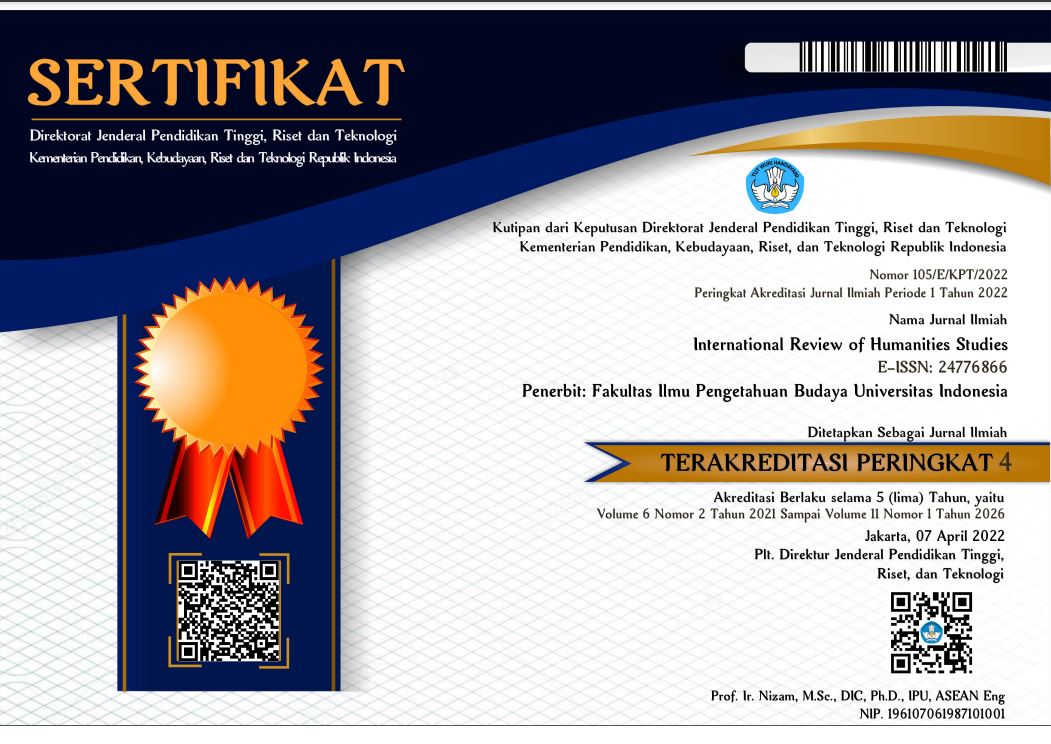International Review of Humanities Studies

Abstract
A mosque is the Muslims’ primary place of worship. The term ‘mosque’ is derived from an Arabic word meaning a place for sujood (salah). However, verily, not only is a mosque merely the Muslims’ place for salah, but it may also be taken advantage of as a place for enhancing social and economic conditions of the neighboring residents regardless of their races, ethnic groups and religions. This is what Jogokariyan Mosque in Yogyakarta has exemplified. Located in Jogokariyan Kampong, Mantrijeron Sub-district, Yogyakarta City, the mosque started to be built on September 20th 1966, with the initial size of which measuring 15 by 9 meter and occupying 660 square meters of land. It was inaugurated in August 1967. When directly observing it for several days in July 2018, I noticed that this Jogokariyan Mosque had many facilities, distinctions, and uniqueness that most mosques did not have in general. For instance, very few or probably no mosques had inns with dozens of rooms with three-star-hotel facilities. The mosque’s management had applied three steps in enhancing Jogokariyan residents’ quality of life from mapping, giving services, to the society’s empowerment as the completion stage. To Muslims who had not made salah jamaah at the mosque, they were officially invited like that of a wedding invitation. In the society’s prosperity sector, the mosque’s management had renovated several needy families’ houses. With those many facilities, distinctions, and uniqueness, Masjid Jogokariyan had successfully played its role as an agent of change, so this mosque became legendary and phenomenal; therefore, in 2016 the Ministry Religious Affairs of the Republic of Indonesia bestowed it an award and made it a Pilot National Grand Mosque.
Recommended Citation
Letmiros, Letmiros
(2020)
"JOGOKARIYAN MOSQUE IN YOGYAKARTA: AS A LEGENDARY AND PHENOMENAL AGENT OF CHANGE,"
International Review of Humanities Studies: Vol. 5:
No.
2, Article 3.
Available at:
https://scholarhub.ui.ac.id/irhs/vol5/iss2/3
Included in
Anthropology Commons, Arts and Humanities Commons, Economics Commons, Legal Studies Commons, Public Affairs, Public Policy and Public Administration Commons, Urban Studies and Planning Commons


